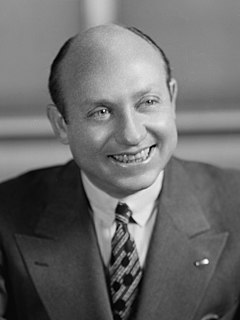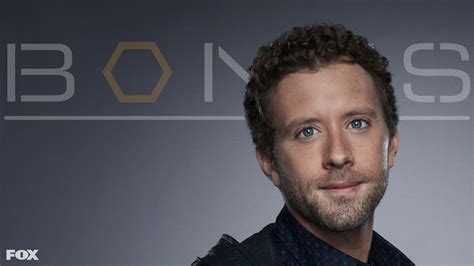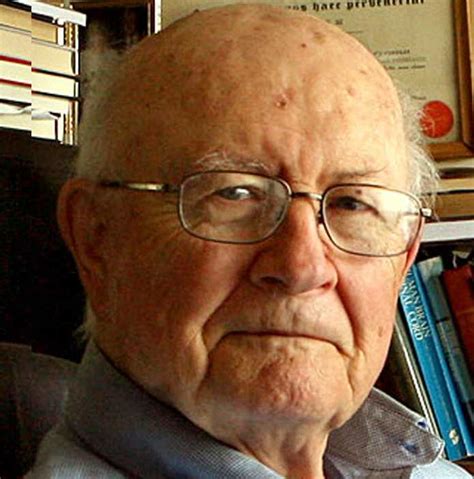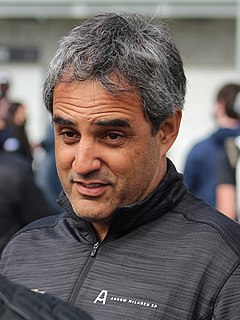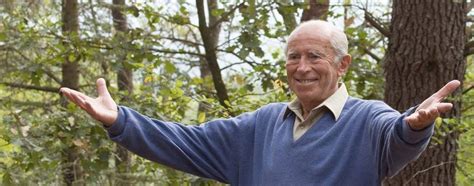A Quote by Salman Rushdie
Five mysteries hold the keys to the unseen: the act of love, and the birth of a baby, and the contemplation of great art, and being in the presence of death or disaster, and hearing the human voice lifted in song.
Related Quotes
Gail Anderson-Dargatz has a noticing eye, a voice as unique as the countryside she writes about, and a heart large enough to love her entire cast of distinct and memorable characters. In The Cure for Death by Lightning she fashions an irresistible song out of the joys and dangers of growing up, the mysteries and wonders of life on a farm, the thrilling terror of trying to outrun the awful unseen force that pursues a growing girl. This novel opens a door to a shining, surprising world.
The greatest love of all is happening to me.. So goes the popular song. It's a great song. It speaks to the heart, and deeply. It strikes powerfully to uplift the human spirit, at the quest for self-love and self-esteem, the pride in being alive that each of us is entitled to experience simply by being born a human being.
i thank You God for most this amazing day:for the leaping greenly spirits of trees and a blue true dream of sky; and for everything which is natural which is infinite which is yes (i who have died am alive again today, and this is the sun's birthday; this is the birth day of life and of love and wings: and of the gay great happening illimitably earth) how should tasting touching hearing seeing breathing any--lifted from the no of all nothing--human merely being doubt unimaginable You? (now the ears of my ears awake and now the eyes of my eyes are opened)
Human love, human trust, are always perilous, because they break down. The greater the love, the greater the trust, and the greater the peril, the greater the disaster. Because to place absolute trust on another human being is in itself a disaster, both ways, since each human being is a ship that must sail its own course, even if it go in company with another ship.... And yet, love is the greatest thing between human beings.
All writing, all art, is an act of faith. If one tries to contribute to human understanding, how can that be called decadent? It's like saying a declaration of love is an act of decadence. Any work of art, provide it springs from a sincere motivation to further understanding between people, is an act of faith and therefore is an act of love.
Not only does the modern person often think that sight is more important than sound - there's no objective evidence to indicate that. Many people, even audiologists who study the science of human speech and hearing, have assumed for a long time that the human ear evolved to hear the human voice, rather than the voice changing to fit the human ear. And the human ear is actually not a perfect match if we map its sensitivity to the different frequencies in the human range of hearing; it's an unequal curve, it's kind of a wavy line.


